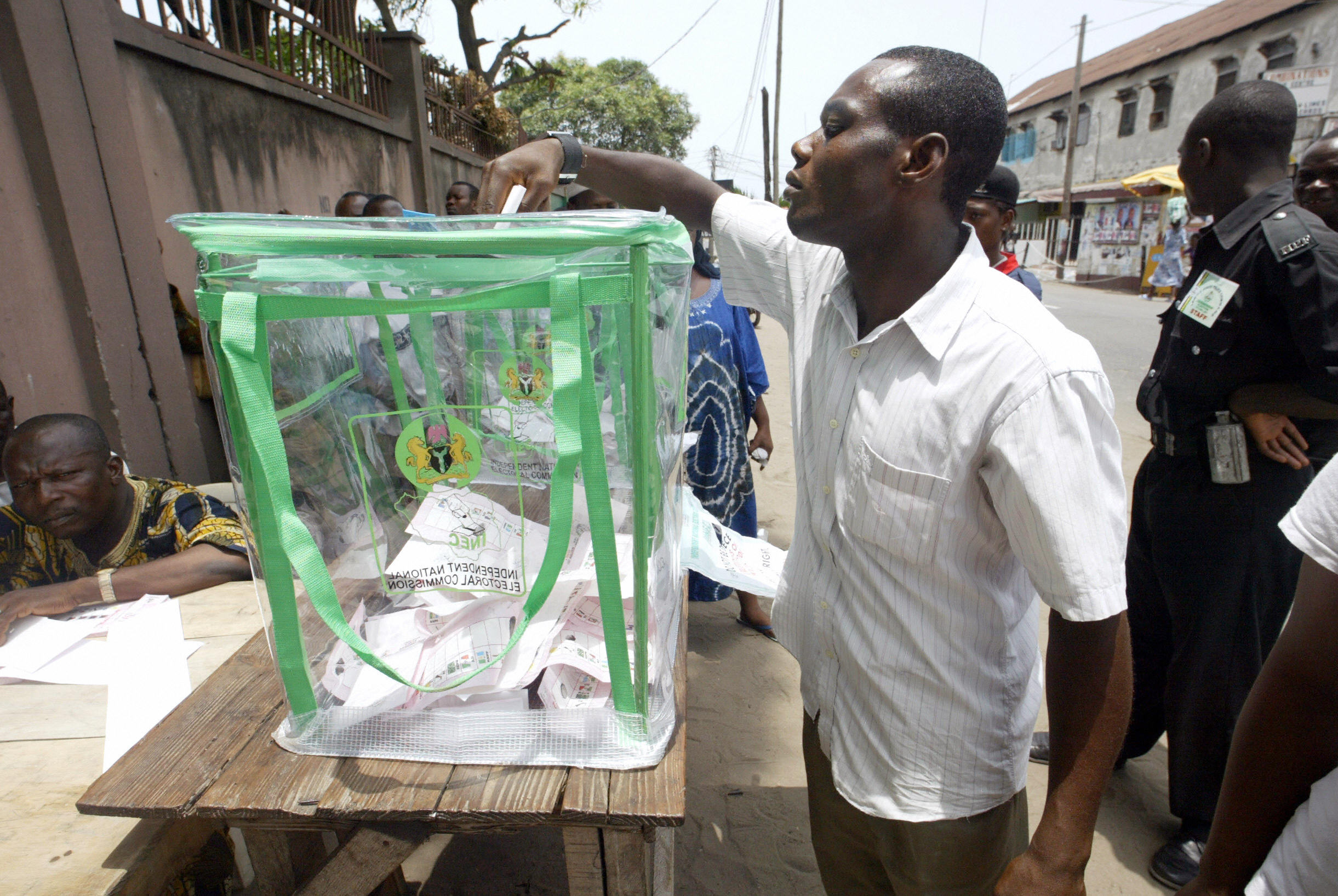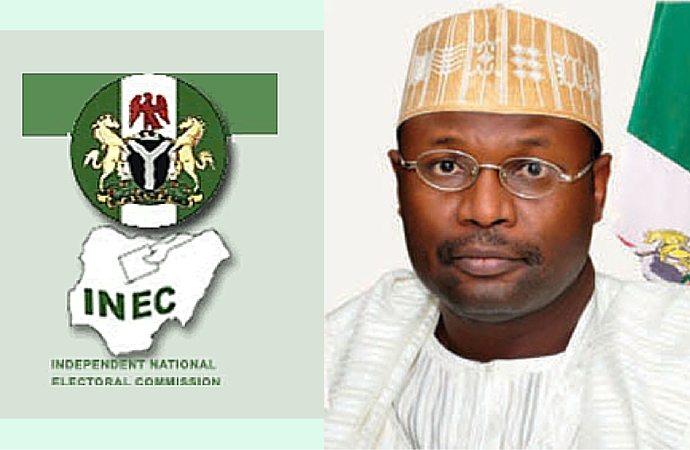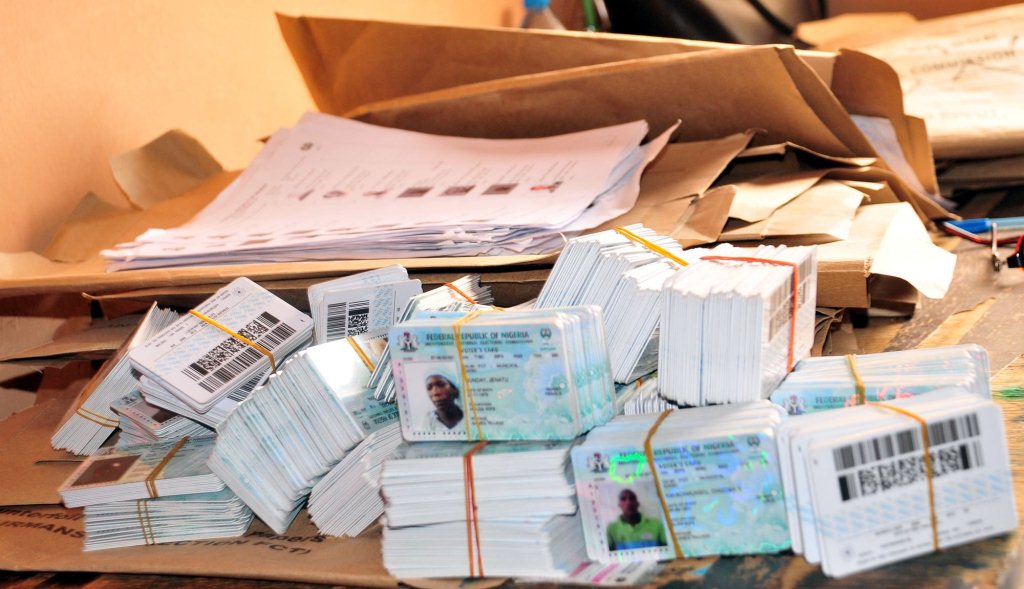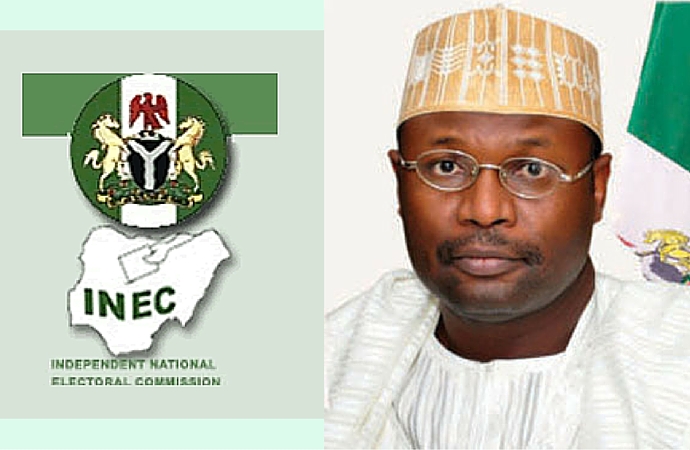The European Union on Thursday in Abuja re-affirmed its commitment to Nigeria’s electoral process with a €26.5m grant.
The EU Ambassador to Nigeria and ECOWAS, Mr. Ketil KarLsen, made the disclosure at the launch of the EU Support Programme to Democratic Governance in Nigeria.
Karsen said the electoral process, which would be funded over a period of five years, was aimed at promoting transparent, inclusive and credible elections.
“The overall objective of the EU-SDGN is to contribute to the reinforcement of democracy in Nigeria through building strong, effective and legitimate democratic institutions.
“Ahead of the 2019 general elections, Nigeria is at a pivotal moment that allows the country to take important steps to consolidate democracy and strengthen the electoral process.
“The EU continues to partner with Nigeria in the on-going reform process, with a view to strengthening the capacity to conduct well-managed elections with ample participation of all Nigerians.
“For this to happen, all must contribute, from the key institutions to the political parties, candidates, media and civil society.’’
KarLsen said the project would be anchored in the priority areas identified by the Nigerian government.
He said it would also build on the recommendations of the EU Election Observation Mission, made after the 2015 elections as well as those of the EU Expert Identification Formulation Mission to Nigeria.
He said that the programme would focus on five areas of support, including improved quality of electoral administration in Nigeria and effective discharge of legislative function in compliance with democratic principles and standards.
The envoy identified other areas as enhanced pluralism, tolerance, internal democracy and equality of opportunity of political parties and fair, accurate and ethical coverage of the electoral process by the media.
He said the other areas are women, youths and marginalised citizens, civil society orgainisations and other relevant agencies contributing to the enhancement of the electoral process.
Vice-President of the European Centre for Electoral Support, Mr. Jose Pinto-teixeira, said that the programme would be implemented from 2017 to 2022.
“Our work revolves around building on the already notable resources and tools developed to safeguard the integrity of the electoral process in Nigeria.
“This programme is being launched, ahead of the 2019 elections knowing that for many stakeholders, including the electoral management bodies in Nigeria, elections are regular and continuous events given the many by-elections that have been taking place so far.’’
Pinto-teixeira said that the programme had five inter-connected components, comprising support to INEC, National Assembly, political parties, CSOs and the media.
The INEC Chairman, Prof. Mahmood Yakubu, said the inauguration of the programme was another demonstration of the EU’s commitment to the promotion of the rule of law, good governance and democracy in Nigeria.
Yakubu said that for the 2019 elections, INEC would be conducting elections in 1,558 constituencies nationwide made up of one presidential constituency, 29 governorship constituencies, 109 senatorial districts, 360 federal constituencies and 991 state constituencies.
He said that INEC had registered 74 million voters so far.
The INEC chief said that Nigeria had 68 political parties with about 100 new applications awaiting registration with a proposal from the National Assembly on independent candidacy.
Mr Samson Itodo, the Executive Director, Youth Initiative for Advocacy, Growth and Advancement, said the gap identified in 2015 was that youths were not given support to contest.



